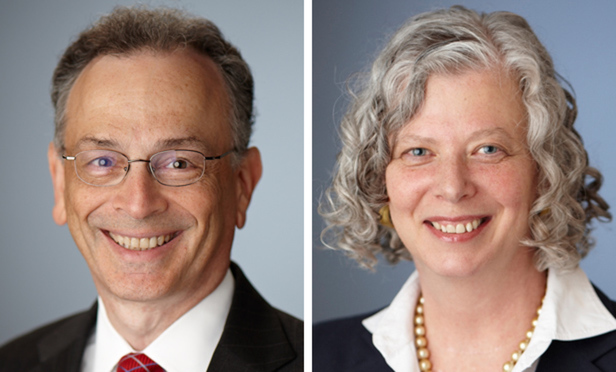When civil litigation turns ugly, it sometimes devolves into allegations of defamation not just between the parties, but against their lawyers as well. In light of the broad privilege cloaking statements made in the litigation process, the incidence of defamation allegations against lawyers is surprising. We discuss below the parameters of the litigation privilege, and the narrow exceptions that litigants have been able to exploit, as discussed in a pair of recent cases from the U.S. District Court for the Southern District of New York.
Absolute v. Qualified Privilege
In a decision filed in September in Yukos Capital v. Feldman, 2016 WL 4940200 (S.D.N.Y. Sept. 14, 2016), Judge Lewis A. Kaplan explained the contours of the litigation privilege, underscoring the slight, but meaningful difference between the near absolute privilege accorded parties and their counsel for statements made once litigation is commenced and the qualified privilege for similar statements if made prior to the commencement of contemplated litigation.
This content has been archived. It is available through our partners, LexisNexis® and Bloomberg Law.
To view this content, please continue to their sites.
Not a Lexis Subscriber?
Subscribe Now
Not a Bloomberg Law Subscriber?
Subscribe Now
LexisNexis® and Bloomberg Law are third party online distributors of the broad collection of current and archived versions of ALM's legal news publications. LexisNexis® and Bloomberg Law customers are able to access and use ALM's content, including content from the National Law Journal, The American Lawyer, Legaltech News, The New York Law Journal, and Corporate Counsel, as well as other sources of legal information.
For questions call 1-877-256-2472 or contact us at [email protected]



